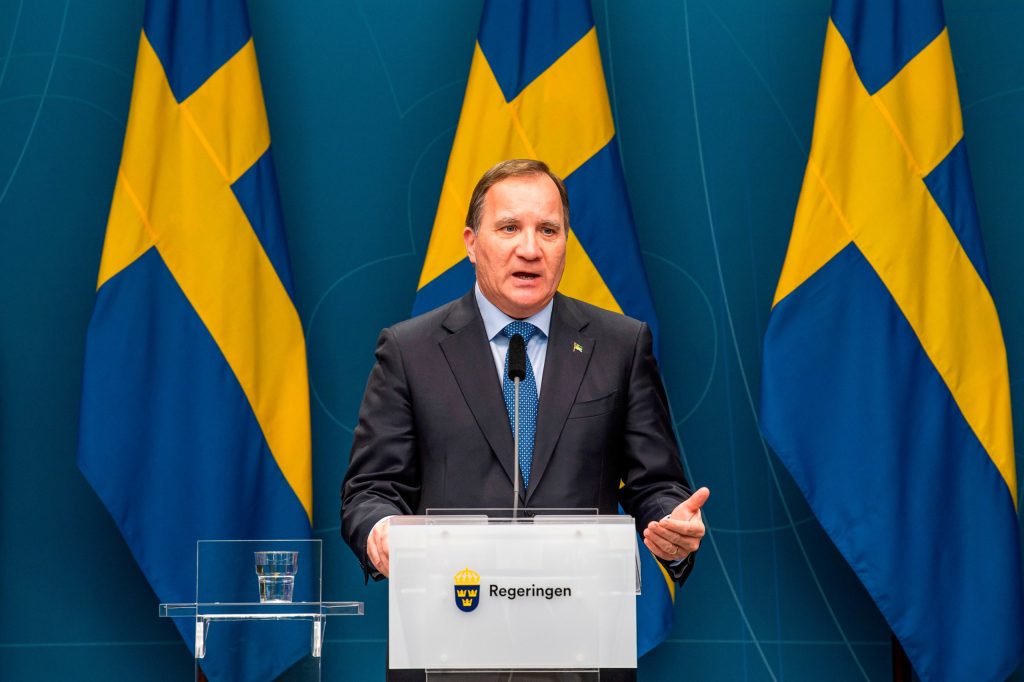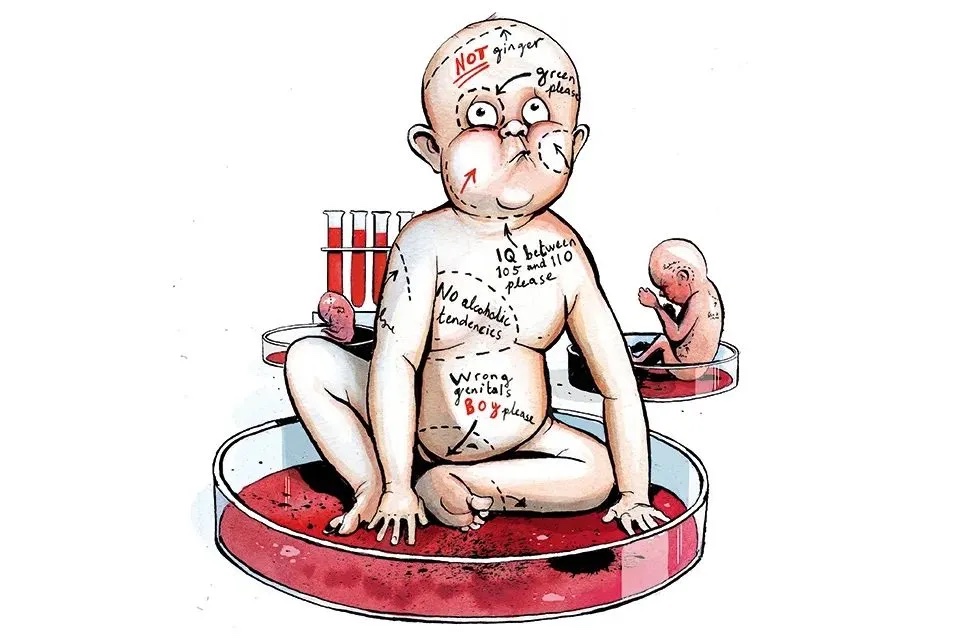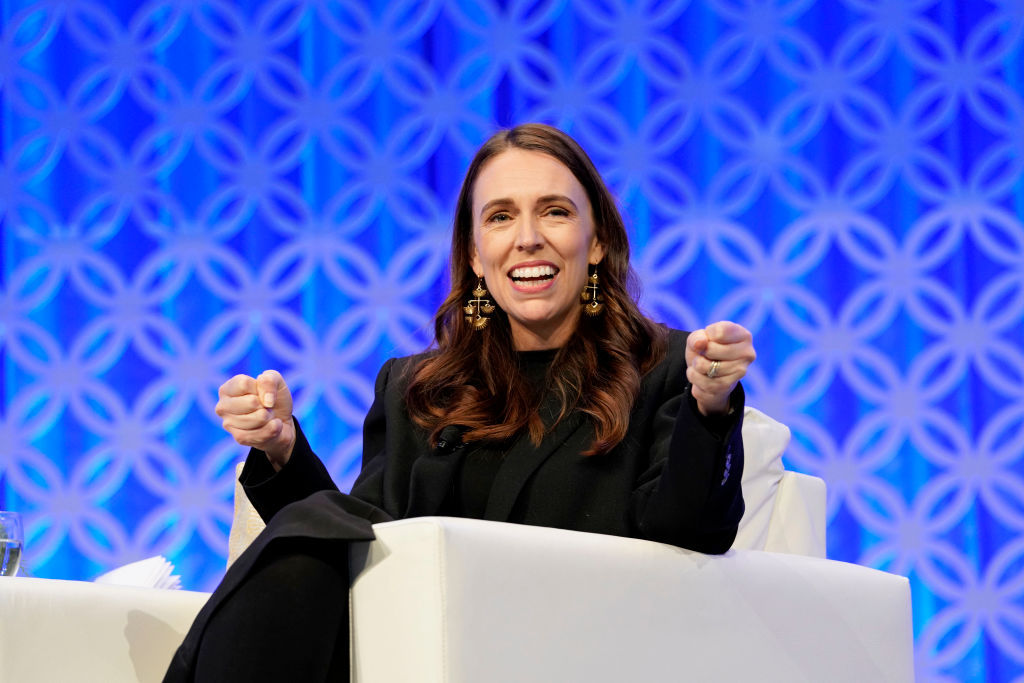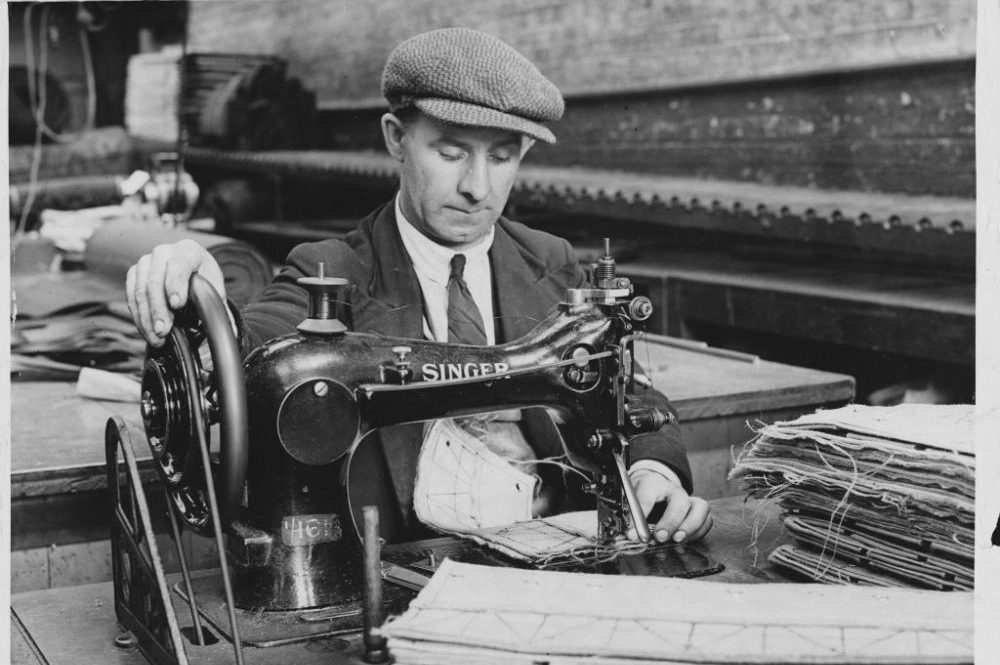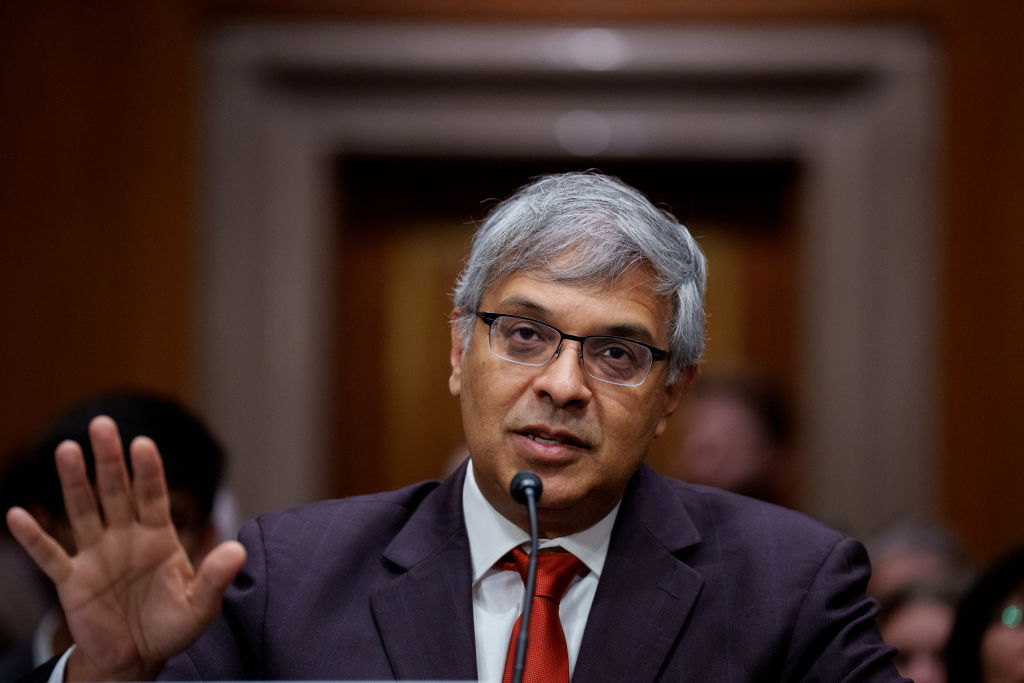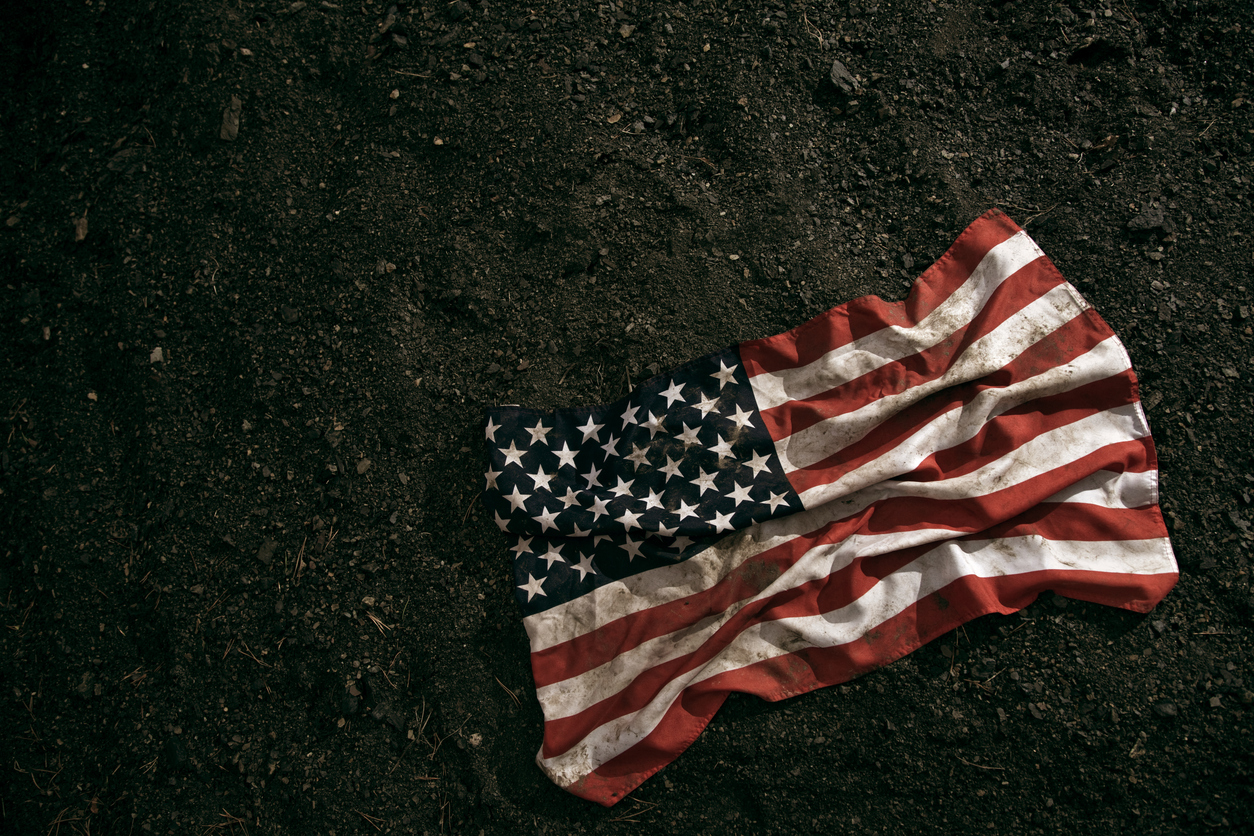Sweden has been pretty much the only country in the world to have responded to coronavirus using a voluntary system: advising, rather than instructing, the public. But this changed on Monday with Stefan Löfven, the prime minister, saying he will pass a law to introduce a ban on gatherings of eight people or more. ‘Do your duty. Do not go to the gym, do not go to the library, do not have parties. Do not come up with excuses that would make your activity OK,’ he said in a press conference. ‘It is your and my choices — every single day, every single hour, every single moment — that will now determine how we manage this.’
To hear from Löfven at all on COVID is unusual: so far the state epidemiologist Anders Tegnell has been the face of its COVID response. Tegnell seems unimpressed. ‘This is the government’s decision when it comes to how many people can gather,’ he told Swedish radio earlier today. ‘It is not us putting the foot down.’ Indeed his public health agency recently abolished extra restrictions for the over-70s saying the harm caused by loneliness and isolation outweighs the risk from the virus. It rejected compulsory lockdown, saying the side effects would be too great and people would — if asked — do the right thing. This is in spite of the fact that Sweden was hit far worse than its Nordic neighbors and was up there with Britain when it comes to deaths per capita. Until a few weeks ago it looked as if it did not have much of a second wave problem.
But now, the second wave is striking Sweden hard. Fredrik Elgh, professor of virology at Umeå University, recently told SVT that hospitalizations in Sweden are two weeks away from surpassing the peak of the first wave. This builds political pressure — to which Tegnell has tended not to respond.
Sweden has been tightening in stages. On October 22 it imposed a 50-person limit on public gatherings, with 300 on concerts and sporting events. Last week, the government proposed a 10 p.m. pub curfew. The week before, a rule of eight was imposed in restaurants — but some Swedes have getting around it by hiring in a musical act and categorizing their dinner as a music concert. This hardened government suspicion that Swedes are not taking the advice seriously enough. Anna Ekstrom, the education minister, has even said that ‘should it be needed, we will not hesitate to close the schools’. In the first wave, Sweden was alone in Europe in keeping schools open up to junior year of high school.
There never was a Swedish free-for-all: people worked from home, avoided public transport and hunkered down. But this was not enforced by the police. Tegnell did not pursue a herd immunity policy and explicitly rejected the idea. He wanted voluntary distancing because lockdowns cause too much damage on public health. Sweden’s economy is expected to contract by 3.4 percent this year, which would be the smallest downturn in Europe. Its non-COVID excess deaths have been lower than countries who locked down. Most children under 17 didn’t miss a day of school. This — rather than minimizing COVID at all costs — was the aim. But its per capita COVID deaths, so far, have been higher than any of its neighbors in the second wave.
[special_offer]
In Sweden’s parliament, there has been far more of a clamor for lockdown measures and Löfven has decided he no longer wants to take the risk. The new rule of eight is still more liberal than most of Europe: it doesn’t apply to office, house parties, funerals etc. For all of his talk, Löfven is not banning parties, private dinners etc. Yet. His Rule of Eight will last for four weeks, but Professor Elgh and others are pushing for more, saying Belgium and the Czech Republic seem to have beaten back the virus using various lockdown techniques. If Sweden’s politicians are now in charge — with Tegnell bypassed — more restrictions may soon be on the way.
This article was originally published onThe Spectator’s UK website.



